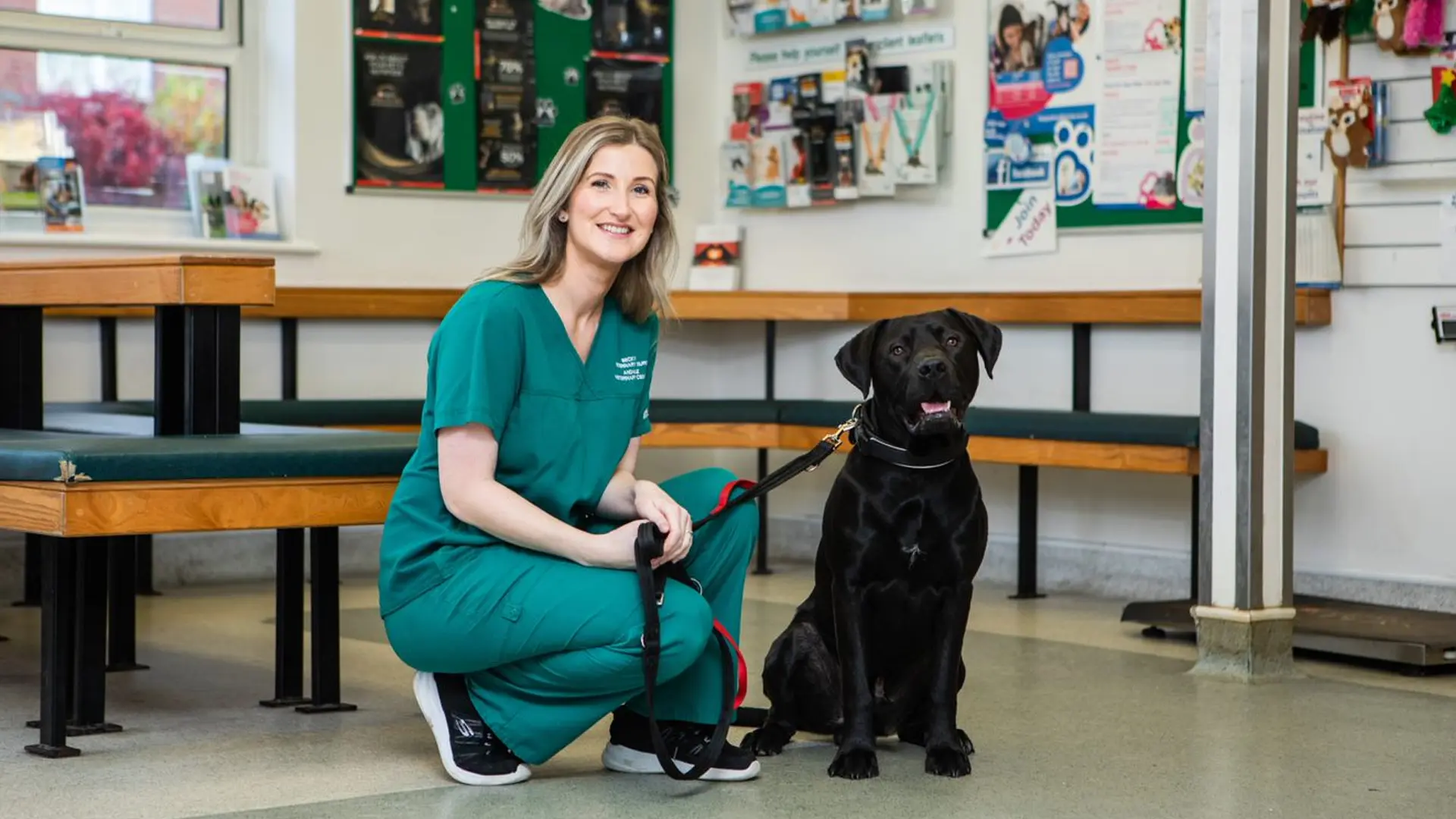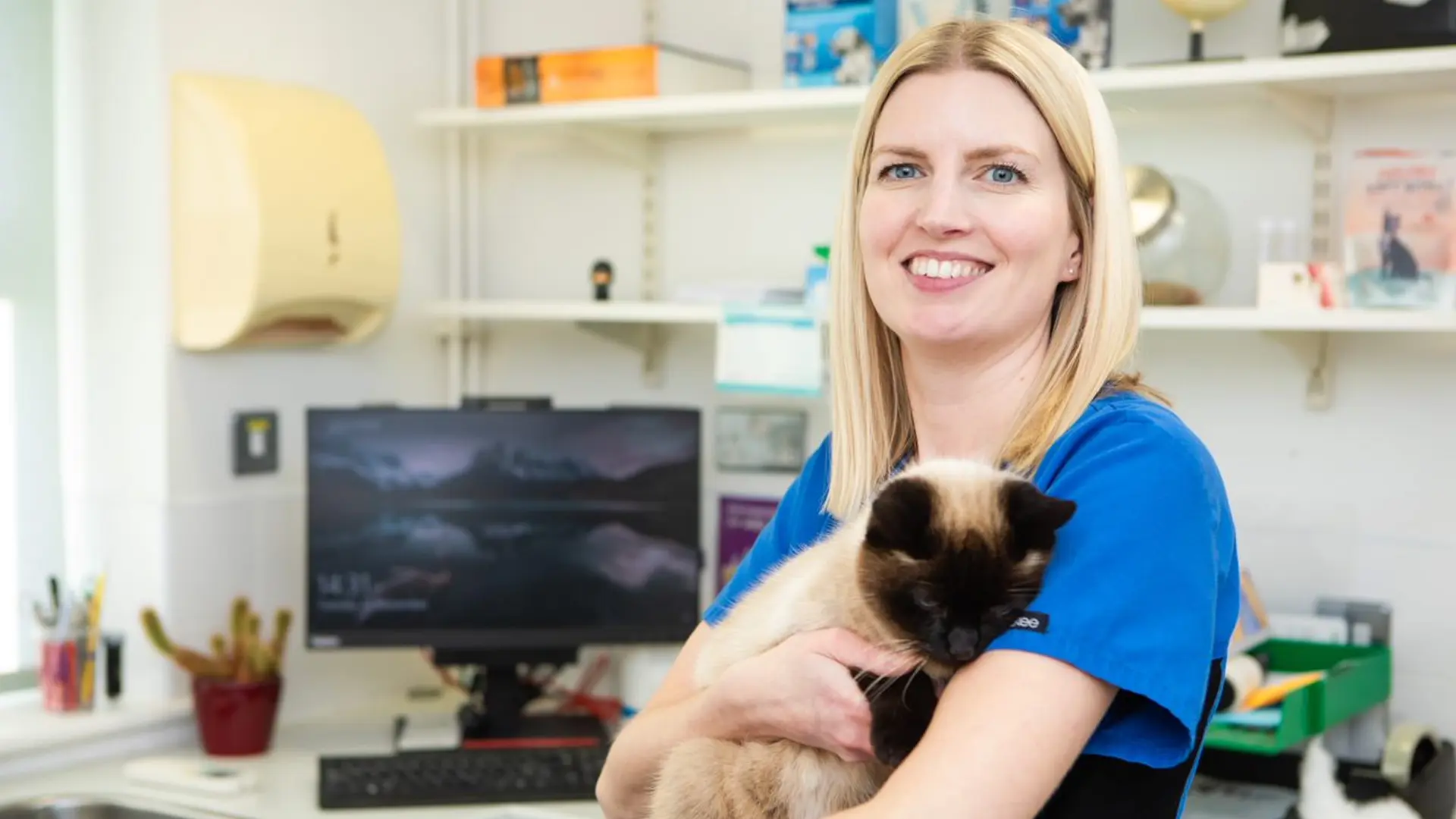Contact us
Get in touch today!

Opening hours
Open now until 6:30pm
Find us
Ditchfield Road, Widnes, Cheshire, WA8 8RF
Contact Us
Our dedicated pet care team is ready to assist you. Contact us for information on how we can support your pet's needs.


Open now until 6:30pm
Ditchfield Road, Widnes, Cheshire, WA8 8RF
Our dedicated pet care team is ready to assist you. Contact us for information on how we can support your pet's needs.
